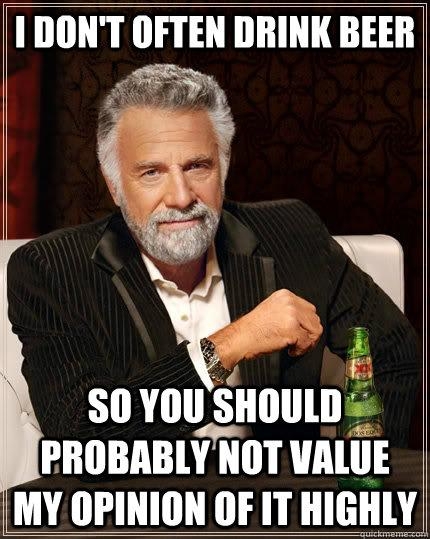Avi Dan helped conceive the Dos Equis “Most Interesting Man in the World” viral campaign, though he left the advertising agency before the Man was driven to the hospital for delivery.
The agency that dreamt the Man up was Euro RSCG, where Dan served as global head of business development. As one of the few modern marketing marvels to blossom on television, the giant success of the “Most Interesting Man” was unexpected—it took years for the Dos Equis brand manager to approve the campaign and say yes to the Man—but it resulted in a grand payoff for the original concept.
Sales of Dos Equis doubled between 2006, when the campaign launched, and 2011, when the brand posted 25 percent sales growth even while owner Heineken’s numbers slipped, according to Beer Marketer’s Insights.
“It was very unusual in the sense that, if you look at 99 percent of beer advertising, it’s all about young men and women in a bar,” Dan said. “It’s very formulaic. And we came up with something that completely went against the formula.”
“The Most Interesting Man in the World” is a brazen series of television commercials that illustrates a 60-something hero with a grey beard and even darker diversions. He is a womanizer with a daredevil complex, and when he occasionally indulges in a beer, he says, “I prefer Dos Equis.”
The advertisements, accented by lines like, “The police often question him—just because they find him interesting,” bolstered consumer support and drove Dos Equis to No. 6 on the list of import beers, according to Ad Age.
Heineken marketing and selling expenses are approximately 12.5 percent of its revenue, or nearly $1.5 billion, as reported in the company’s 2012 Q2 report. Dan estimated a marginal amount of that, perhaps a fifth, goes to Dos Equis branding.
While the campaign did not influence the “big boys” such as Budweiser, Coors, and Miller because it is a small player in the category, it did influence a slew of copycats in the industry, “because the clients are saying, ‘Why don’t you do something similar to that?’” Dan explained.
The Man found traction with audiences, and particularly the young demographic, because he acted sardonically. As proof, Dan pointed to the Sept. 22 season premiere of “Saturday Night Live,” in which host Joseph Gordon-Levitt spoofed the campaign in a bit called “Tres Equis” in which he played the son of the Man.
“When ‘Saturday Night Live’ starts making fun of commercials, that’s good,” Dan said. “Because that means it’s penetrating culture.”
Another example of the Man’s influence in culture is his prevalence in the world of memes, or satirical videos, hash tags, and photos that provide commentary on the Internet. “The Most Interesting Man” is a popular go-to for average users to build their own jokes from templates on websites such as MemeGenerator.net and QuickMeme.com.
Memes are effective for both humor and meaningful observations, said Olivia Gonzalez, a senior at NYU studying comparative literature and philosophy. “A lot of people use them to perpetuate important things, like political memes, or things that can be really relevant commentary to what’s going on in pop culture,” she said. “Other memes can just be stupid and funny things that go viral on the Internet. Both are fun and have their own uses.”
Memes featuring the Man are as ironic as the campaign set out to be, reinforcing the principle with which Euro RSCG created the movement.
“The irony that was built into the campaign is the buffer that protects the campaign from people trying to make fun of it,” Dan said. “Young people love irony, and it wasn’t trying to hit them over the head with ‘buy this beer’ or some sort of a personality.”



